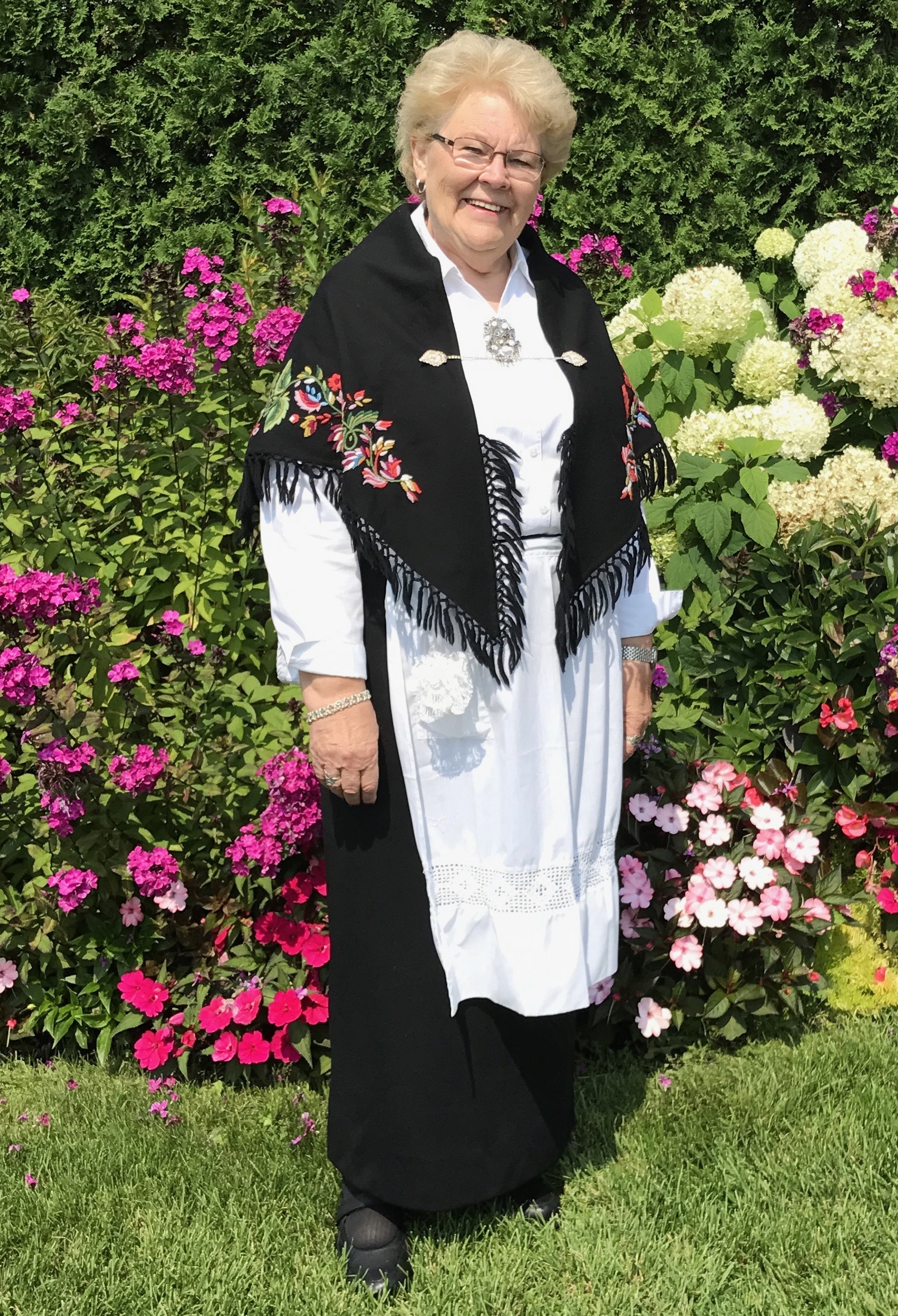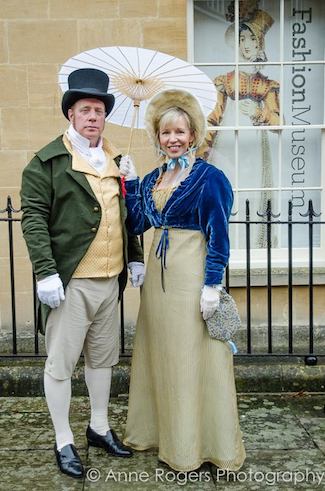Have you found your unique place in the writing world where you can really shine? Janet Grant and I recorded a podcast last week on Words for Writers. It goes live on Tuesday, here. Ginny Yttrup, writing coach, posited the oft-asked question, “What do you represent?” As I began to talk about things I’d like to see in fiction and nonfiction, I found myself boiling it down to the importance of finding a place to call your own. Let me explain it better.
Fiction

I represent Lauraine Snelling. She started writing in 1982. It wasn’t long until she staked her claim to historical fiction about Norwegian settlement in the Dakota territories and surrounding areas. She “owns” that cultural place and time and has continued for almost forty years, filling bookstore events with hundreds of Norwegian or Midwestern fans and speaking at every Sons of Norway Lodge across this country. In 2012 Lauraine was inducted into the Scandinavian-American Hall of Fame.
Julie Klassen is another client of mine. Julie wrote the first bestselling English regency in the Christian market. These were not like the little fluffy regencies that were all the rage back in the 60s and 70s, these married the complex historical novel with the regency/Jane Austen time period, sometimes adding mystery to the mix. While publishing houses were telling writers that the CBA wanted historicals set in pioneer America, Julie carved out a niche where she could shine. As we say now, some seventeen books later, Julie is “the gold standard for the inspirational regency.”
I could name several of my novelists who’ve found a unique place to own, a place where they were the first or had carved out their own kind of book. Writers like Tessa Afshar for making the Bible and the land of her birth come alive; Amanda Dykes for her deeply moving stories told with lyrical skill; Jill Eileen Smith for her serious biblical scholarship reflected in her unforgettable characters; Sarah Thomas, who gives us mid-century Appalachian tales with a hint of magical realism. . . I could go on and on with just my own fiction clients, but I just wanted to give you a few examples of finding a place to own in the market.
Nonfiction
It is the same with nonfiction. If you look around, you will see that those bestselling authors have carved out a niche for themselves and they own it. Writers like Stormie O’Martian with her Power of Prayer series– powerful prayer is what she lives and writes and that space is hers. Or take my client Jan Kern. She and her husband lived at a residential treatment camp for at-risk teens. She wrote three important books for at-risk teens on the issues of self-injury, sex and online addiction. Her books were critically acclaimed. She owned that space because she wrote the books with teens who had worked to overcome their addictions– a unique approach. No one is looking for the generalist today in publishing— the person who writes on grace in book one, and decides the next book will be on encouragement, and then wants to tackle prayer for book three. Publishers are looking for specialists, those who’ve made their topic a life ministry and have the platform to show it.
So, how do we find our own place to shine?
So, all that to say that, as agents, we are looking for authors who can carve out a place where they can be first or unique or take a slant that has not yet been used. There are a number of ways to do this.

It may be:
Voice—Perhaps your uniqueness is the voice of your writing. This is harder to communicate but if you look at, say, a Hemingway– it’s voice. It works the same in fiction and nonfiction.
Humor— Few authors can insert humor into fiction or nonfiction, but done well, it sets them apart. If you’d like to see an example of this look at Michelle Griep’s Dickensian fiction. Her atmospheric stories, or perhaps we could call it classic gothic suspense, is lightened with subtle humor and quirky characters we take to our hearts. For nonfiction writers, great humor writing has always found a place in the CBA.
Place— Sometimes place alone can set you apart, like Ann Gabhart’s Kentucky storytelling. Or a nonfiction writer with, say, access to letters from the persecuted. He could open our eyes to a whole new place for service.
Culture— Can you stick with one colorful culture– say Canadian Prairie or contemporary Latin culture? (Why do you think Amish has been so successful– it opened a whole new culture to us.) Or if you are writing nonfiction, perhaps your unusual culture can be your brand– Bible Insights from my Bunk in the Barracks.
Era— Sometimes it’s hard to open a new era that is yet untried in CBA, but if you can do it, you own it. In the general market, I’ve been devouring mysteries set in the dark ages and sixth century Ireland when Christianity was firmly established and looked far more protestant-like than Roman. In nonfiction, we’re dying to discover unvarnished Christianity. Could you pick an era to re-introduce?
Emerging Trends— Spend some time on Instagram and You Tube to identify new trends that look as if they are here to stay. I think a series featuring a street busker or one of the new geneticist/criminologists would be fascinating. And even though there are scores of series featuring archeologists in the general market, do we have a biblical archeologist series in CBA?Nonfiction writers must always be aware of trending topics even if they are writing on classic subjects.
A New Take on an Old Genre— I’ve long missed the fun of the classic “gothic” novels penned by Victoria Holt or Phyllis Whitney. Happily a couple of my writers are rebirthing this old genre. Look around. Is there some type of book you loved that can be re-introduced in a whole new way. Same with nonfiction. I’ve been looking for the perfect person to do a new generation lifestyle take on Edith Shaeffer’s Hidden Art, which I loved in the sixties.
So what about you? Have you found a place to shine?

 Publishing Culture
Publishing Culture
What good information, Wendy! For a long time I wrote snarky teen characters, then really enjoyed writing RomComs after a friend dared me to try romance, but eventually I was kicking myself for not noticing that I live at a Bible camp. I grew up with camp director parents and married a camp director and it is odd that I never thought of writing in a camp setting before. Having to turn on the generator for power and hearing the elk bugle at night in the fall seems normal to me, but maybe it might seem fun and adventurous to others who don’t live here? I have been enjoying writing middle grade set at camp and we shall see what happens.
Wendy, I just listened to the podcast, and it’s wonderful. You and Janet are so helpful, encouraging, and calming. Your individual and combined wisdom is amazing and reassuring. And you listed many of my favorite authors, and that’s truly why I love them so, because they have that place to call their own.
Mange takk, Lauraine, for bringing to life the history behind some of my Minnesota and Wisconsin ancestors. Shine on!
This was so encouraging!
I’ve been working on a Southern Gothic Suspense but was curious if that falls under what Christian agents take on.
Thank you.
This little light of mine,
even though it’s ordinary,
I’m gonna let it shine
through this weekend’s coronary,
which was really unexpected
(I guess pride goes before the fall),
but will not become neglected
urgent neon wake-up call.
And so I will write as I can,
though further weakened now, of course,
my songs unto The Great I Am,
and not see illness as a curse,
but a leavening of soul
that limns my days, and makes them whole.